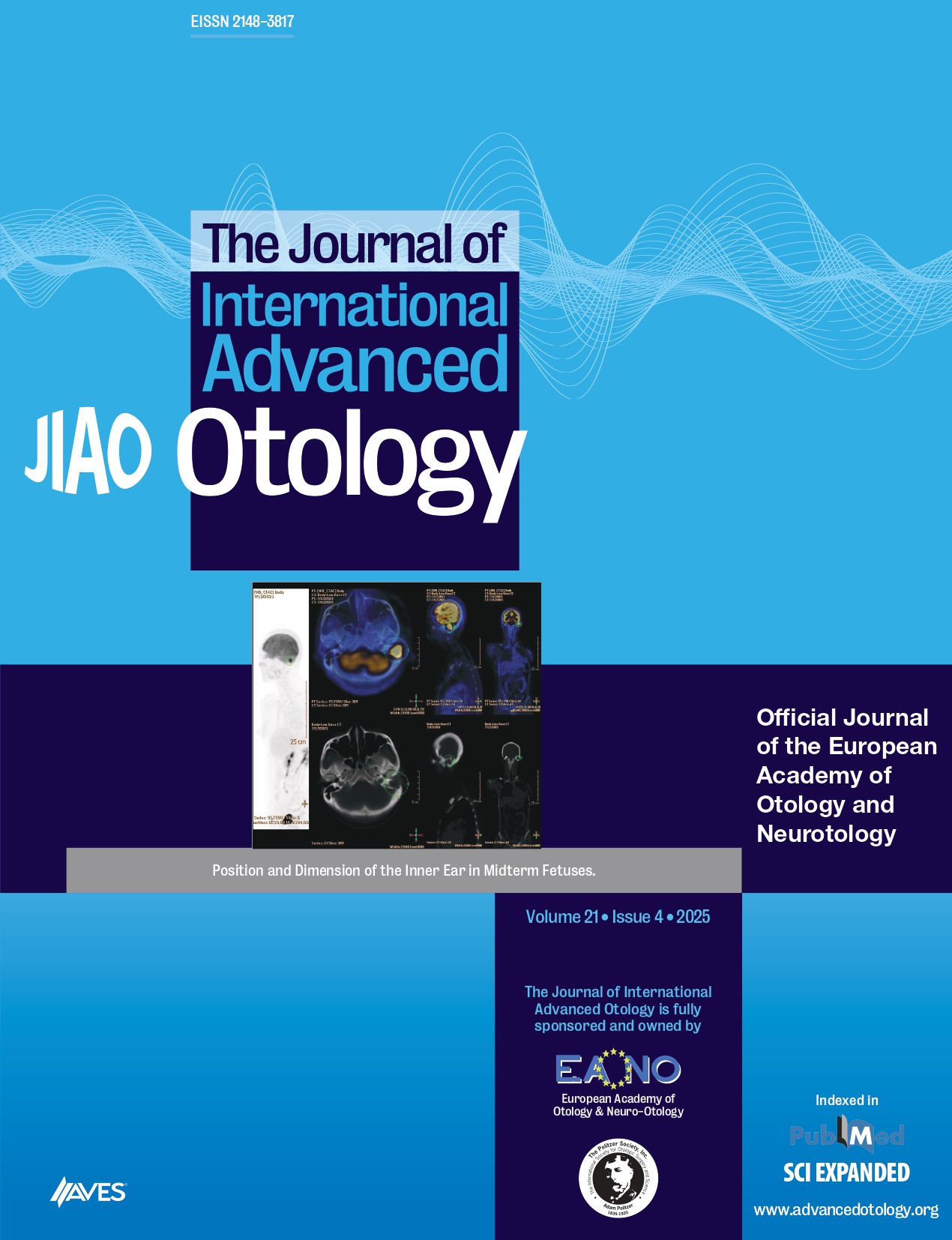BACKGROUND: Congenital cholesteatomas account for just up to 5% of all cholesteatomas and most commonly arise in the petrous apex and middle ear. Congenital cholesteatomas arising in the mastoid are rare and typically present late.
METHODS: In this study, we report a case series of 3 cases managed in our department between 2006 and 2021 and present a summary of the current literature.
RESULTS: Congenital cholesteatomas arising in the mastoid is a rare finding and even among reported cases, not all are clearly mastoid in origin. Their location allows for considerable growth before symptoms develop. Pain and localized swelling in the temporal area are the most common presenting symptoms which can lead to diagnostic challenges. Our cases show that although surgery is often appropriate, conservative manage- ment may be suitable in certain situations.
CONCLUSION: Congenital cholesteatoma of mastoid origin is rare and can present a diagnostic challenge. Greater awareness is important to facilitate early detection. A high index of suspicion is needed in those presenting with retro-auricular pain and swelling in the context of a normal ontological examination.
Cite this article as: Richards E, Muzaffar J, Cho WS, Monksfield P, Irving R. Congenital mastoid cholesteatoma. J Int Adv Otol. 2022;18(4):308-314.



.png)
.png)